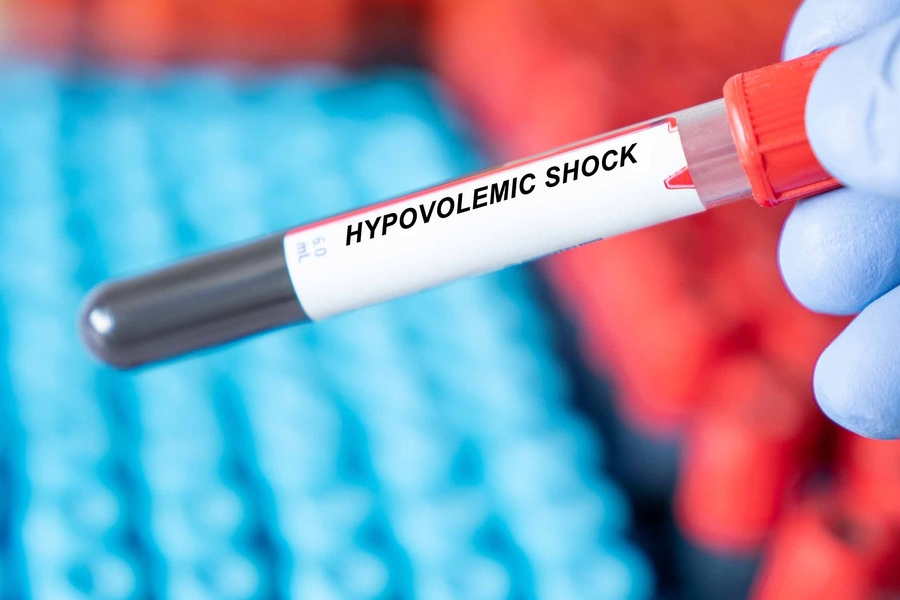
While feeling weak, confused, or having a rapid pulse or heartbeat may not be concerning in most cases and can easily be resolved with medical attention, they can sometimes be life threatening, particularly if associated with hypovolemic shock.
Table of Content:-
In an interaction with the OnlyMyHealth team, Dr Sachin Maheshwari, Senior Consultant - Critical Care Medicine, Yashoda Super Speciality Hospital, Kaushambi, explains what hypovolemic shock is and highlights the importance of detecting it early and receiving first-aid treatment.
Also Read: What Is Hypovolemia? Expert Explains Its Symptoms, Causes, And Treatment Options
What Causes Hypovolemic Shock?

“Hypovolemic shock is a life-threatening condition that occurs when the body loses more than 20% of its blood or fluid supply, leading to insufficient circulation of oxygen and nutrients to vital organs,” explained Dr Maheshwari.
The most common causes include severe bleeding from trauma, surgery, gastrointestinal bleeding, dehydration from excessive vomiting, diarrhoea, or sweating, and conditions causing fluid loss like burns.
Whatever may be the cause, it is important to detect the condition early to receive timely treatment. If left untreated, hypovolemic shock can reduce or cut off blood flow to vital organs, depriving them of oxygen and leading to multi-system organ failure and death, according to StatPearls Publishing.
How To Detect Hypovolemic Shock Early?

Early detection of hypovolemic shock involves recognising the warning signs. These include:
- Rapid heart rate
- Low blood pressure
- Cold and clammy skin
- Dizziness
- Confusion
In the event of such symptoms, it is crucial to get tested. Diagnostic tools like blood tests, imaging, and monitoring urine output can confirm the condition.
What Are The Immediate Steps Taken To Treat Hypovolemic Shock?

When hypovolemic shock occurs, it is usually due to severe blood or fluid loss, following which the body activates compensatory mechanisms, Dr Maheshwari noted.
He further explained that the heart rate increases to maintain blood pressure, blood vessels constrict to redirect blood to vital organs, and the kidneys reduce urine output to conserve fluids. Without timely intervention, these compensatory mechanisms can fail, leading to organ dysfunction.
In such a situation, first responders prioritise stopping blood or fluid loss, ensuring proper airway management, and administering oxygen, the doctor continued, adding that intravenous fluids or blood products are given to restore circulation. Vital signs are closely monitored, and advanced medical care is initiated as needed to address the underlying cause and prevent organ damage.
Also Read: The Silent Killer: Here's How To Spot And Treat Internal Bleeding To Avoid Complications
Conclusion
While healthy adults are less likely to experience hypovolemic shock, older adults and children need to be closely monitored if they showcase symptoms, such as dizziness, low blood pressure, and rapid heart rate. This is even more important if the patient has a history of injury, trauma, or diarrhoeal episode. It is important to treat hypovolemic shock on time to prevent life-threatening circumstances.
[Disclaimer: This article is for informational purposes only and should not be considered a substitute for professional medical advice, diagnosis, or treatment. Always consult your healthcare provider for any concerns or questions about your health or medical condition.]
Also watch this video
How we keep this article up to date:
We work with experts and keep a close eye on the latest in health and wellness. Whenever there is a new research or helpful information, we update our articles with accurate and useful advice.
Current Version